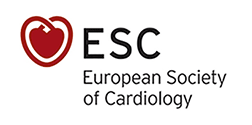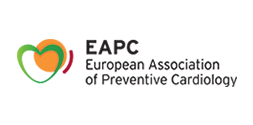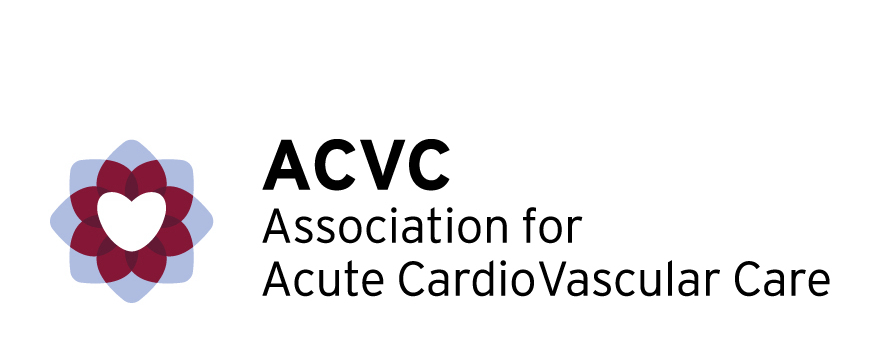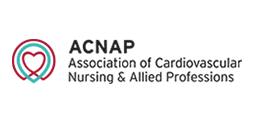Chest pain or discomfort
Chest pain is one of the most important red flags for a heart attack.

One of the alarm signals for a heart attack is chest pain. The pain can last only a few minutes or it may be more prolonged. Typically, the pain feels like a heavy weight on the chest or like squeezing in the chest, but it can be more subtle chest discomfort or a burning sensation. Most of the pain is in the middle of the chest. It may be accompanied by a cold sweat and nausea. The pain may radiate to other areas of the upper body – for example the arms (more left than right), the back, and even the jaw.
Call an ambulance immediately if you have chest pain for more than 10 minutes.
Do not travel to the hospital yourself as your nearest hospital may not be equipped to treat a heart attack 24/7.
Warning signs and symptoms of palpitations and fainting
What to do if you experience heart palpitations or fainting
Palpitations

Palpitations are when it feels like your heart is beating irregularly, faster than usual, or pounding, and you are more aware of your heartbeat than normal. Palpitations usually last a few seconds or minutes but may also be prolonged. The heart can miss some beats, but this is normal and most of the time goes unnoticed.
Palpitations are usually harmless. People tend to become more conscious of their heart beating when they are stressed. Caffeine, smoking, alcohol, and illicit drugs can trigger palpitations. Other causes are hormone changes, strong emotions, strenuous exercise, and certain medications.
Reducing or avoiding the trigger should stop the palpitations, but seek medical advice first if you think medications are the cause. Also seek medical advice if the palpitations persist, increase in frequency, or are associated with other symptoms such as lightheadedness.
Syncope
Syncope is more commonly known as fainting. It refers to a temporary loss of consciousness and usually results in the person falling down. Low blood pressure is the most common cause and often affects teenage girls and young women. Some people have warning signs, such as feeling dizzy, lightheaded, sick or weak before passing out for a few seconds.
If you feel faint, sit or lie down so your blood pressure can return to normal. If you do faint, visit your doctor to rule out other causes like heart rhythm disorders, narrowed blood vessels, heart valve problems, and other conditions.
What to do if you feel lightheaded
Lightheadedness can be an important symptom of heart disease.
 Lightheadedness is one of the warning signs of a future heart attack. It is a common and unpleasant feeling that you may faint and is often accompanied by a sensation of dizziness. Lightheadedness can have many causes and is not always related to a heart problem. For example, temporary low blood pressure or a low level blood sugar may cause lightheadedness.
Lightheadedness is one of the warning signs of a future heart attack. It is a common and unpleasant feeling that you may faint and is often accompanied by a sensation of dizziness. Lightheadedness can have many causes and is not always related to a heart problem. For example, temporary low blood pressure or a low level blood sugar may cause lightheadedness.
If you feel lightheaded, sit down, have a glass of water, some sugar if possible. If you don’t recover in a few minutes or if you start to also feel palpitations or have other warning signs of a heart attack (such as chest pain or discomfort) seek medical care.
What you should know about nausea
Nausea and vomiting can be present when having a heart attack.

Nausea is a common symptom of a heart attack. If you have had a previous heart attack or are at high risk (for example if you have diabetes, are overweight, and smoke), be aware that nausea and vomiting can be warning symptoms for a heart attack.
Seek medical advice if you feel sick and also have other heart attack symptoms such as chest pain.
What you should know about shortness of breath
Shortness of breath is a typical heart attack symptom

Shortness of breath is the feeling that you cannot get enough air. It can occur suddenly during exercise but may also happen at rest. There are several causes, but it is important to inform your physician or cardiologist if you have spells of shortness of breath – even if it is only when you exercise.
Seek urgent medical help if you experience shortness of breath and other heart attack symptoms such as chest pain or tightness.



